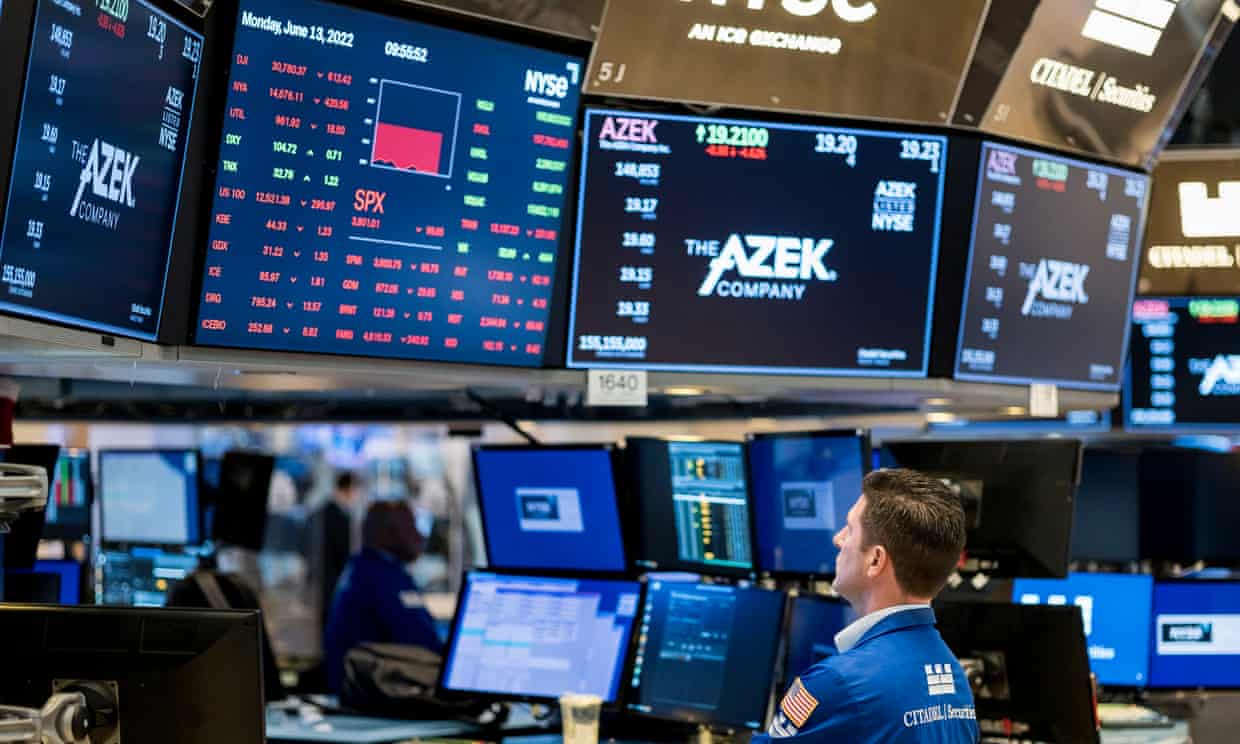STAGFLATIONARY GLOBAL DEBT CRISIS LOOMS – AND THINGS WILL GET MUCH WORSE

The Guardian - 30 June 2022
The global financial and economic outlook for the year ahead has soured rapidly in recent months, with policymakers, investors and households now asking how much they should revise their expectations, and for how long. That depends on the answers to six questions.
First, will the rise in inflation in most advanced economies be temporary or more persistent? This debate has raged for the past year but now it is largely settled: “Team Persistent” won, and “Team Transitory” – which previously included most central banks and fiscal authorities – must admit to having been mistaken.
The second question is whether the increase in inflation was driven more by excessive aggregate demand (loose monetary, credit, and fiscal policies) or by stagflationary negative aggregate supply shocks (including the initial Covid-19 lockdowns, supply-chain bottlenecks, a reduced US labour supply, the impact of Russia’s war in Ukraine on commodity prices, and China’s “zero-Covid” policy). While demand and supply factors were in the mix, it is now widely recognised that supply factors have played an increasingly decisive role. This matters because supply-driven inflation is stagflationary and thus raises the risk of a hard landing (increased unemployment and potentially a recession) when monetary policy is tightened.
That leads directly to the third question: will monetary-policy tightening by the US Federal Reserve and other major central banks bring a hard or soft landing? Until recently, most central banks and most of Wall Street occupied “Team Soft Landing”. But the consensus has rapidly shifted, with even the Fed Chair, Jerome Powell, recognising that a recession is possible, and that a soft landing will be “very challenging”.
Moreover, a model used by the Federal Reserve Bank of New York shows a high probability of a hard landing, and the Bank of England has expressed similar views. Several prominent Wall Street institutions have now decided that a recession is their baseline scenario (the most likely outcome if all other variables are held constant). In the US and Europe, forward-looking indicators of economic activity and business and consumer confidence are heading sharply south.
The fourth question is whether a hard landing would weaken central banks’ hawkish resolve on inflation. If they stop their policy-tightening once a hard landing becomes likely, we can expect a persistent rise in inflation and either economic overheating (above-target inflation and above potential growth) or stagflation (above-target inflation and a recession), depending on whether demand shocks or supply shocks are dominant.
Most market analysts seem to think that central banks will remain hawkish but I am not so sure. I have argued that they will eventually wimp out and accept higher inflation – followed by stagflation – once a hard landing becomes imminent because they will be worried about the damage of a recession and a debt trap, owing to an excessive buildup of private and public liabilities after years of low interest rates.




